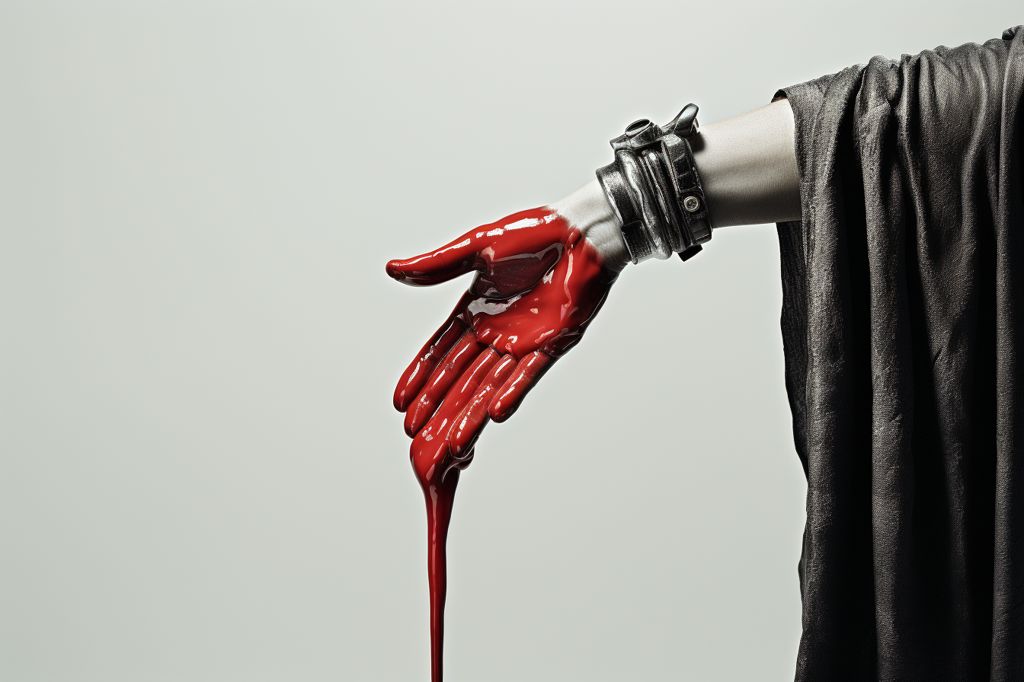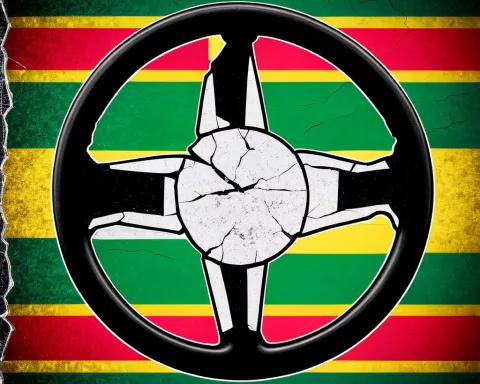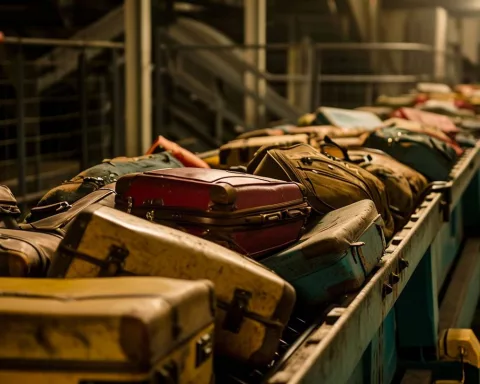The Law Society of South Africa (LSSA) has expressed its apprehension over the suggested changes to the Road Accident Fund Act, warning that the proposed amendments could have severe repercussions for all South African road users. The transport minister recently gazetted the draft amendment bill, which recommends significant alterations to the fund’s operation and the processes for claims payment. Of particular concern to the LSSA is the proposed elimination of the rights of drivers, passengers, and pedestrians to claim compensation for injuries they have sustained.
Instead of offering compensation, the bill suggests that the fund should provide substantially reduced “social benefits.” Furthermore, an innocent injured party would still be unable to make common law claims against the responsible party for the rest of their loss. It is essential to remember that all road users contribute to the fund, either directly or indirectly, through a fuel levy, amounting to an estimated R45 billion annually.
The LSSA states that the proposed changes would disproportionately affect the poor and disempowered, who make up the majority of claimants and rely on public transportation. These individuals would likely be forced into the public health system, as the proposed tariffs would not cover the actual costs incurred at private hospitals. Under the current system, many claimants receive treatment at dedicated private healthcare facilities.
Discrimination Against Road Accident Victims
According to the LSSA, the proposed legislation would uniquely discriminate against road accident victims. While individuals harmed by medical negligence or injured in other types of accidents can seek compensation from the person or entity responsible, innocent motor vehicle accident victims will not have this right, even though they pay premiums to the fund.
Currently, anyone injured in a car accident anywhere in the country is covered by the fund. However, the bill proposes to exclude injuries suffered in motor vehicle accidents in various places, such as parking areas, private estates, farm roads, and private roads. Non-citizens or permanent residents would also not be covered. Additionally, the bill excludes individuals crossing highways, hit-and-run victims, and pedestrians, drivers, or cyclists with alcohol levels above the legal limit, as well as their dependents.
Removal of Courts’ Role and Limiting Coverage
The LSSA also points out that the bill seeks to largely eliminate the courts’ role in determining contested claims, instead of establishing alternative dispute resolution procedures followed by referral to a yet-to-be-established Road Accident Fund Adjudicator. Co-chair of the KZN Personal Injury Lawyers Association, Anthony De Sousa, expressed concerns over the bill’s unknown aspects, such as the definition of “social benefits” and the exact treatment tariffs.
De Sousa also called attention to the unfair exclusion of pedestrians crossing highways, stating that these individuals often have no choice but to cross highways and genuinely need assistance if injured. Furthermore, De Sousa acknowledged that the bill’s proposal not to cover motorists without licenses or above the legal alcohol limit is understandable, but argued that their dependents should still be covered as they may be injured through no fault of their own.
Addressing Administrative Inefficiencies
De Sousa noted that the focus seems to be on saving money but suggested that better insurance coverage and value for money could be achieved by putting the funds from the levy into insurance policies. According to De Sousa, the system will not work until the dysfunctionality and administrative inefficiencies within the fund are addressed. If the officials properly administered and managed the fund, significant savings could be made.
The association is currently preparing its formal response to the proposals. The Department of Transport is open to views and suggestions and will consider comments and objections submitted until October 8.












